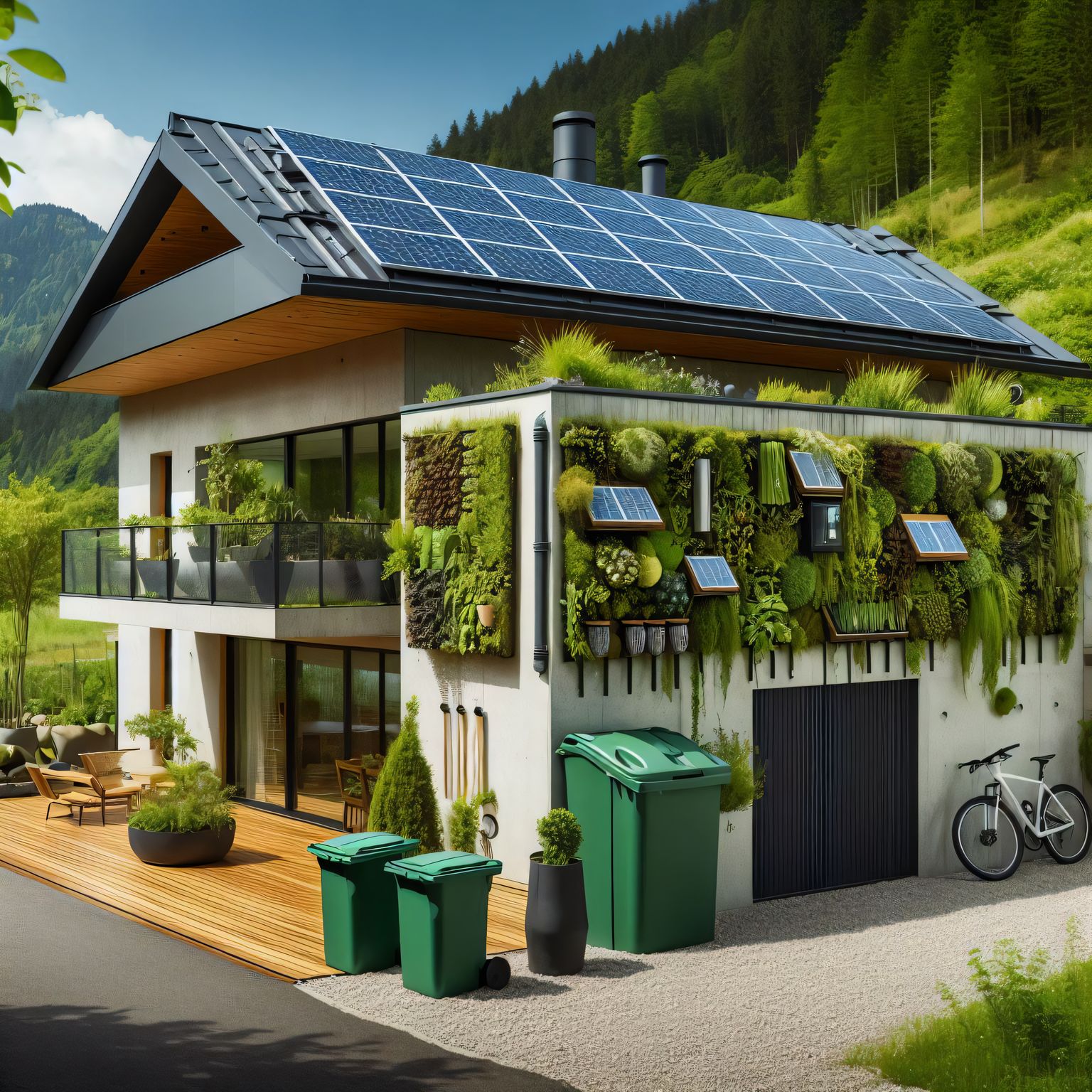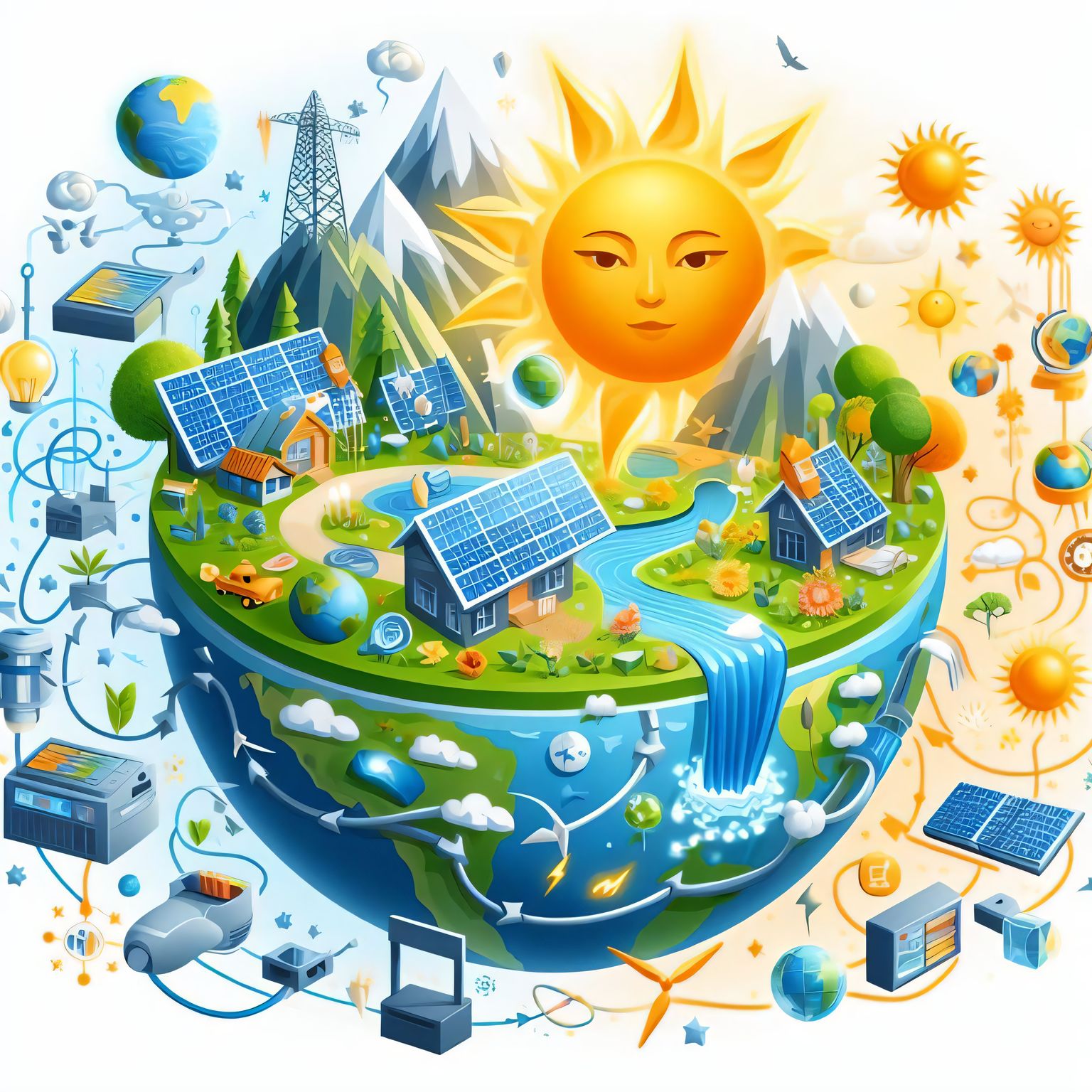Are you seeking to reduce your environmental footprint but unsure how to create meaningful change? New research reveals how some households are using their home as a launching pad to rethink assumptions of high-consumption living and transition towards more localized, self-sufficient lifestyles.
These home-based approaches challenge the prevailing view that incrementally buying more “green” products within current economic systems is enough. They also question whether advanced technologies like eco-cities enable true sustainability within planetary boundaries.
Participants emphasized shifting mindsets from passive consumer to engaged creator. This means getting hands-on with production processes removed from modern homes like food growing, materials sourcing, energy generation and waste cycling. The aim is increasing autonomy from unstable corporate systems.
Here are specific tips for using your home to transition to a low-impact lifestyle:
Repurpose Your Home
- Convert your lawn into a vegetable garden. Start small with easy crops like tomatoes and cucumbers. As your skills improve, expand to more produce.
- Install solar panels or compost bins. Both can be DIY projects or installed professionally. While requiring some initial investment, they offer long-term savings on utilities.
- If renting an apartment, use containers and vertical hydroponics systems for balconies and patios. Ask building owners about installing rooftop solar or procuring renewable energy.
- When upgrading appliances or furniture, look to upcycle, borrow or repair instead of buying brand new items. Design interiors for flexible uses rather than aspirational displays.
DIY Eco-Friendly Building and Maintenance
Taking eco-friendly home improvement and maintenance into your own hands reduces reliance on carbon-intensive systems.
- Learn skills like natural plastering, eco-painting, tiling, woodwork and minor construction via YouTube tutorials and practice.
- Before replacing decaying infrastructure, explore redesigned ecological options such as renewable energy systems, greywater reuse or composting toilets.
Optimize Energy, Water and Waste
Analyze your household’s consumption and redirect resources towards regeneration.
- Review utility bills to uncover savings opportunities through lowered use or self-generated supply. Remember, any decrease in grid energy equals carbon reduction.
- Reuse water from sinks, showers and rain collection barrels to irrigate your garden instead of potable sources.
- Compost food scraps to produce nutrient-rich soil for your garden rather than sending it to the landfill.
Localize and Share Resources
Tapping into your local community creates opportunity for resource exchange and shared transportation systems.
- Form neighborhood groups for trading skills, tools, surplus garden produce and other assets.
- Coordinate carpools and bikeshare programs to reduce reliance on individually-owned vehicles.
- Support local environmental education programs and sustainability-focused political initiatives.
Shift Work and Consumption
Rethinking how one interfaces with the money economy creates space for community and home-based activities.
- Reduce working hours and income expectations if possible. This strengthens opportunities for community building and homesteading.
- Analyze monthly finances to identify and eliminate unnecessary expenses enabled by higher salaries. Invest these savings into eco-friendly home upgrades instead.
- Inspire children through nature activities and teaching practical skills rather than material consumption. Studies show many teens lack a basic comprehension of topics like energy and sustainability.
Bridging Everyday Actions and Global Impacts
While seemingly insignificant alone, practices like saving water, avoiding excess packaging and turning off unused lights accumulate into real change.
Participants expressed feeling empowered shaping their households into engines for simpler, ecologically-regenerative lifestyles rather than conforming to the status quo of energy-intensive systems at home and worldwide. Small homefront actions multiplied outwards, spreading change through grounded, lead-by-example influence.
What household shift could you make this weekend, like starting a container garden or organizing a tools share, that localizes resources, connects community or restores nature? For a low-impact transition to unfold globally, it must first begin just outside our front doors.



